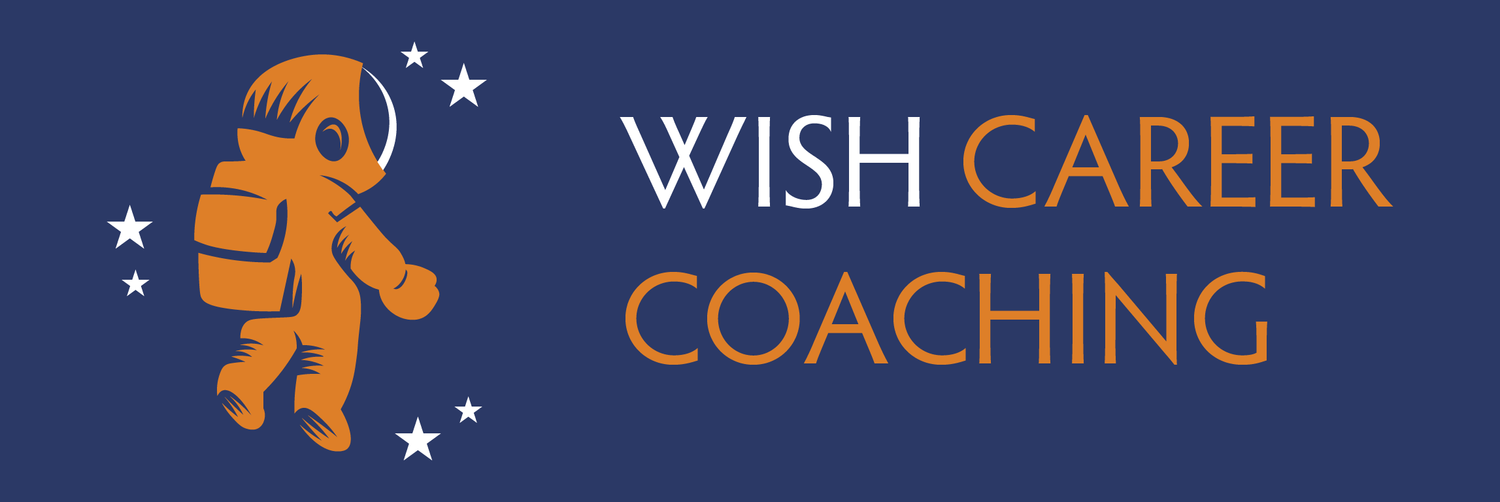Managing Anxiety Around AI and Your Career
AI is a common topic I discuss with my clients. With the rapid pace of change we’re seeing across industries, it’s increasingly difficult to know how to plan your career. The skills you’ll need, the roles that will change, and the software you’ll need to interact with could shift at a moment’s notice.
It’s a lot to prepare for, and much of it is outside of our control. As a coach, I can help with specific areas, but my primary focus is on managing anxiety around AI during the job search. If you’re feeling concerned about how this technology will affect your career trajectory, you’re not alone. Seventy-seven percent of Canadians are worried about AI disrupting or replacing their work. More Canadians see AI as a threat than an opportunity, but the technology is being adopted by businesses of all sizes. Large companies have plans to replace many workers—IBM, for example, has stated it intends to have AI replace 30% of its workforce.
So, in a world where technology is increasingly influencing how we plan our futures, how do you manage fears about your job, your industry, and your ability to find a meaningful role?
Photo by Rock'n Roll Monkey on Unsplash
Understanding AI Screening Technology
There’s a lot of rhetoric around companies using AI screening technology to highlight top applicants and save time reviewing resumes. When roles attract hundreds of applicants, it makes sense for companies to streamline the process of finding the right candidate.
You’ll likely see discussions in your resume-building research about “getting through” the ATS (Applicant Tracking Systems) or optimizing your resume for them. The good news is that if you follow best practices for resume building and meet the qualifications, your resume will likely be seen by a human. Common mistakes—like missing key requirements, using incorrect file formats, including images, or difficult-to-read formatting—are what typically cause a resume to be overlooked. If you create a resume that’s easy for a person to read, it should also be ATS-friendly.
However, this technology will likely continue to improve. If you believe that sharing your story directly would demonstrate how uniquely you fit a role, it can be hard to accept that AI might diminish this opportunity. To mitigate this concern, reach out directly to hiring managers for roles you’re passionate about. At a minimum, introduce yourself and express your interest in the role. This small effort can help advocate for yourself and may provide feedback that you wouldn’t otherwise receive.
Photo by Nathan Dumlao on Unsplash
Researching AI’s Impact on Your Industry
While most Canadians are concerned about AI’s impact on their work, research shows that many industries will either benefit from or be minimally affected by AI. The latest StatsCan report on AI impacts shows a wide range of differences by industry. For example, healthcare and teaching are expected to see minimal job loss but will benefit significantly from AI tools.
Jobs requiring manual tasks, such as construction, trades, food services, and emergency services, are expected to see lower impacts. Generally, if your role involves direct, in-person interaction or providing tangible services, AI is unlikely to be a major concern in the short to medium term.
In contrast, the majority of AI disruption is expected in technology and office-focused roles, including areas like insurance and finance. If you work in one of these fields, it can be especially concerning when you hear about layoffs at larger companies like Google.
Managing anxiety when these changes occur is challenging. On LinkedIn, you may see people in similar positions struggling with layoffs or finding new work. Use this as an opportunity to connect with colleagues and find a sense of community and direction. There may be actions you can take to feel more secure in your role, and if your position changes significantly, your support network can help.
Photo by LYCS Architecture on Unsplash
Familiarizing Yourself with AI Tools
Given the concerns around AI adoption, it can be tempting to avoid AI tools altogether. However, experimenting with accessible options, like ChatGPT, can provide a better understanding of what the technology is capable of. Exposure to these tools can help demystify them and provide context for how your work may evolve.
Most experts agree that AI is more likely to change how people work than replace them entirely. Becoming familiar with AI can help alleviate anxiety and prepare you for future roles that may require specific tools.
It’s completely normal to have fears about the pace of change and what it means for both individuals and the broader world of work. Through networking, research, and familiarity with AI, you can navigate these changes with renewed knowledge and a supportive community.



